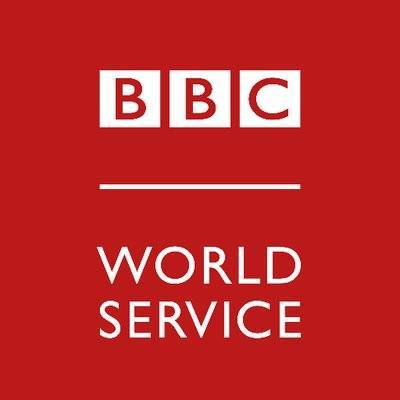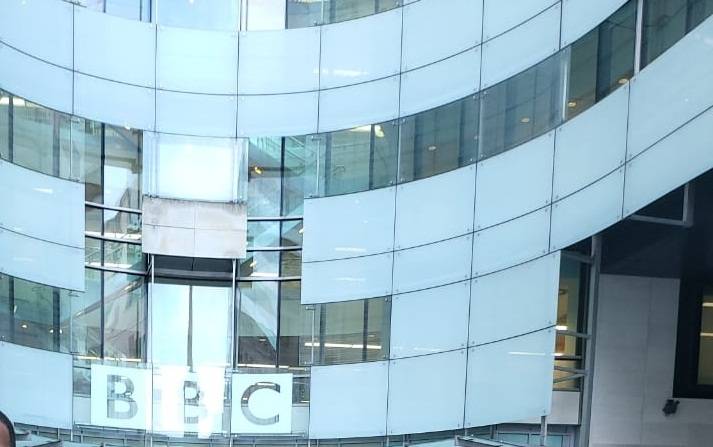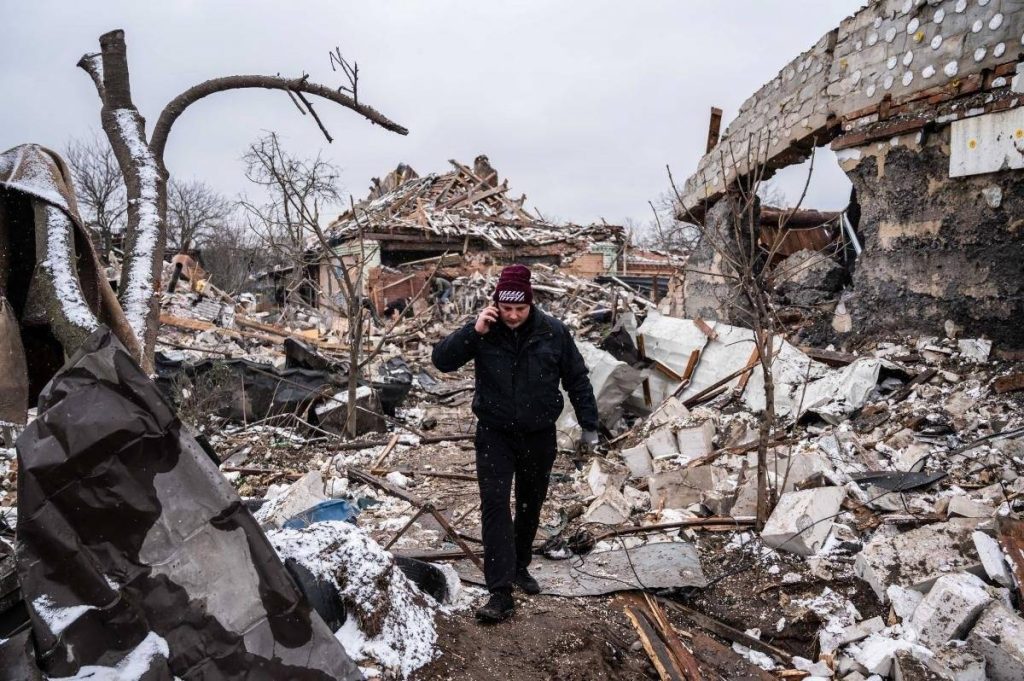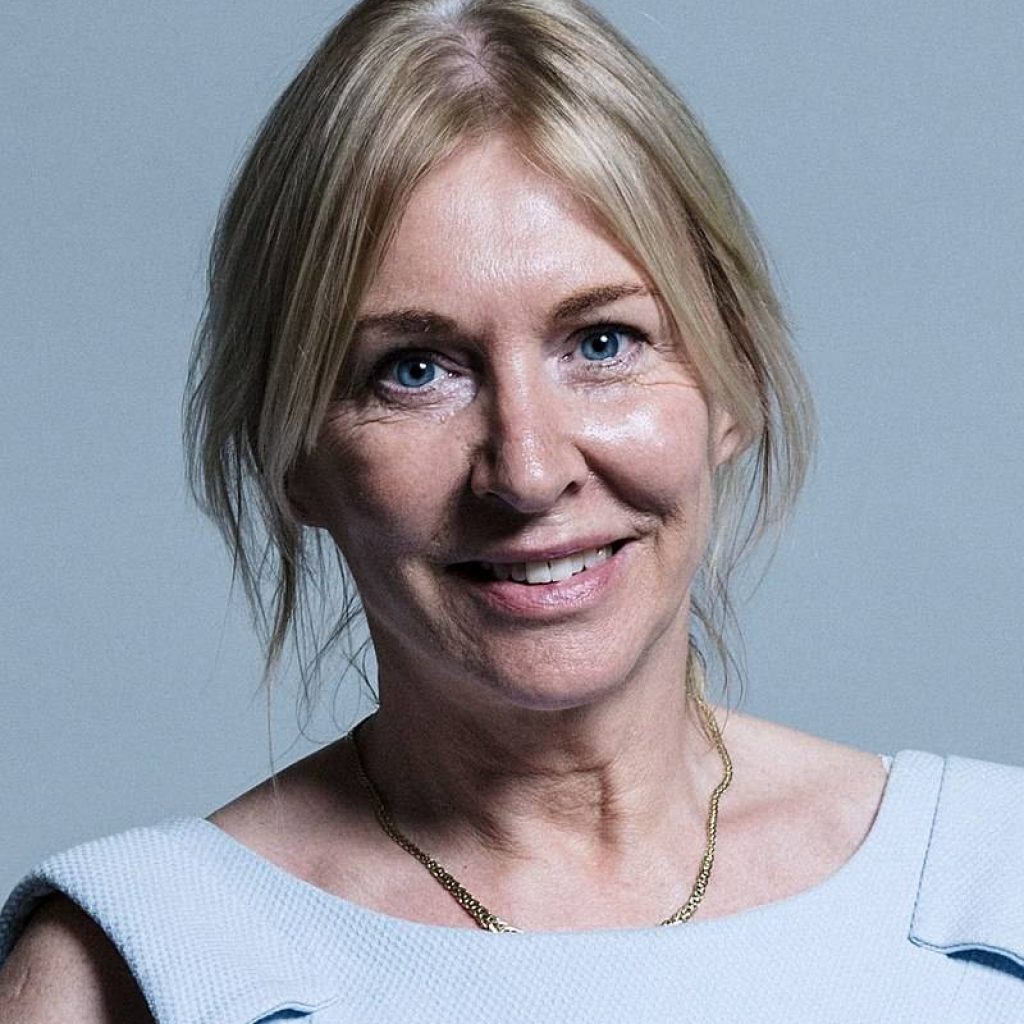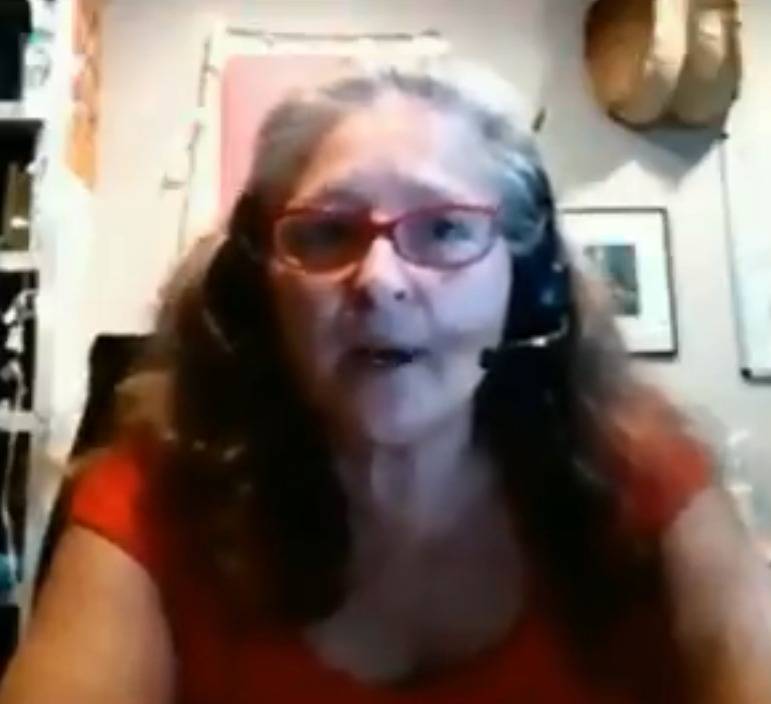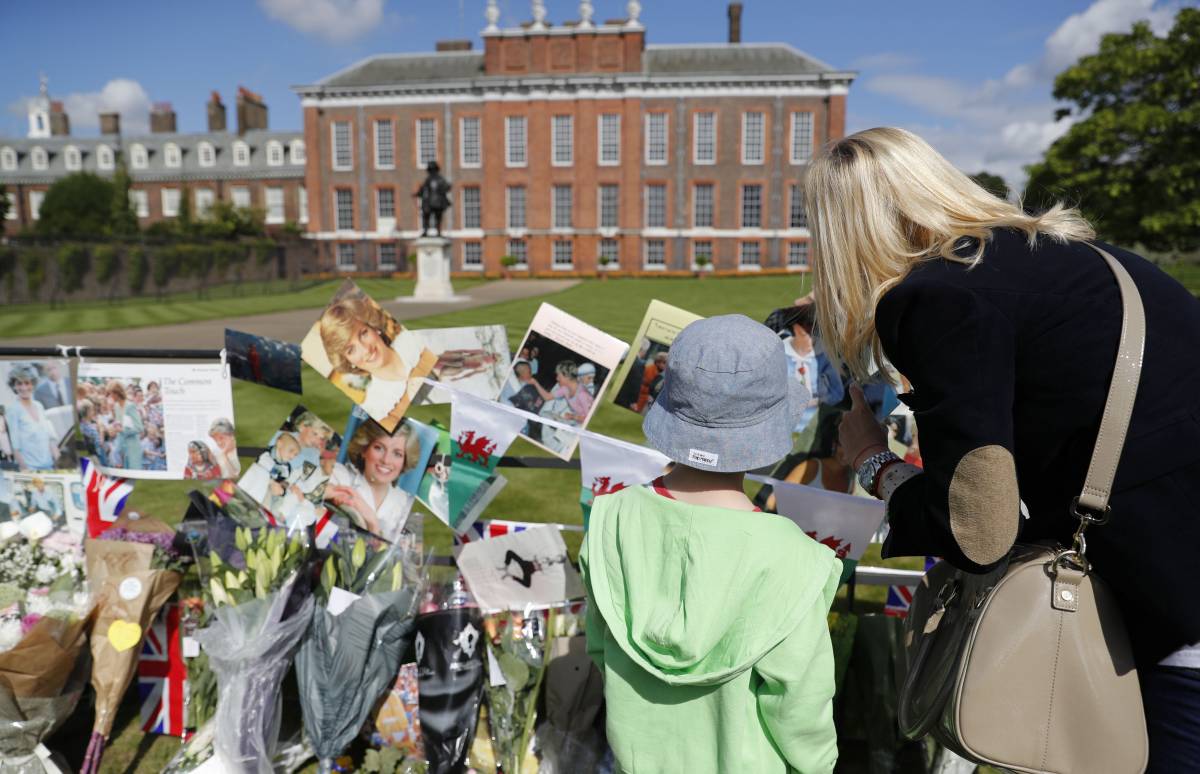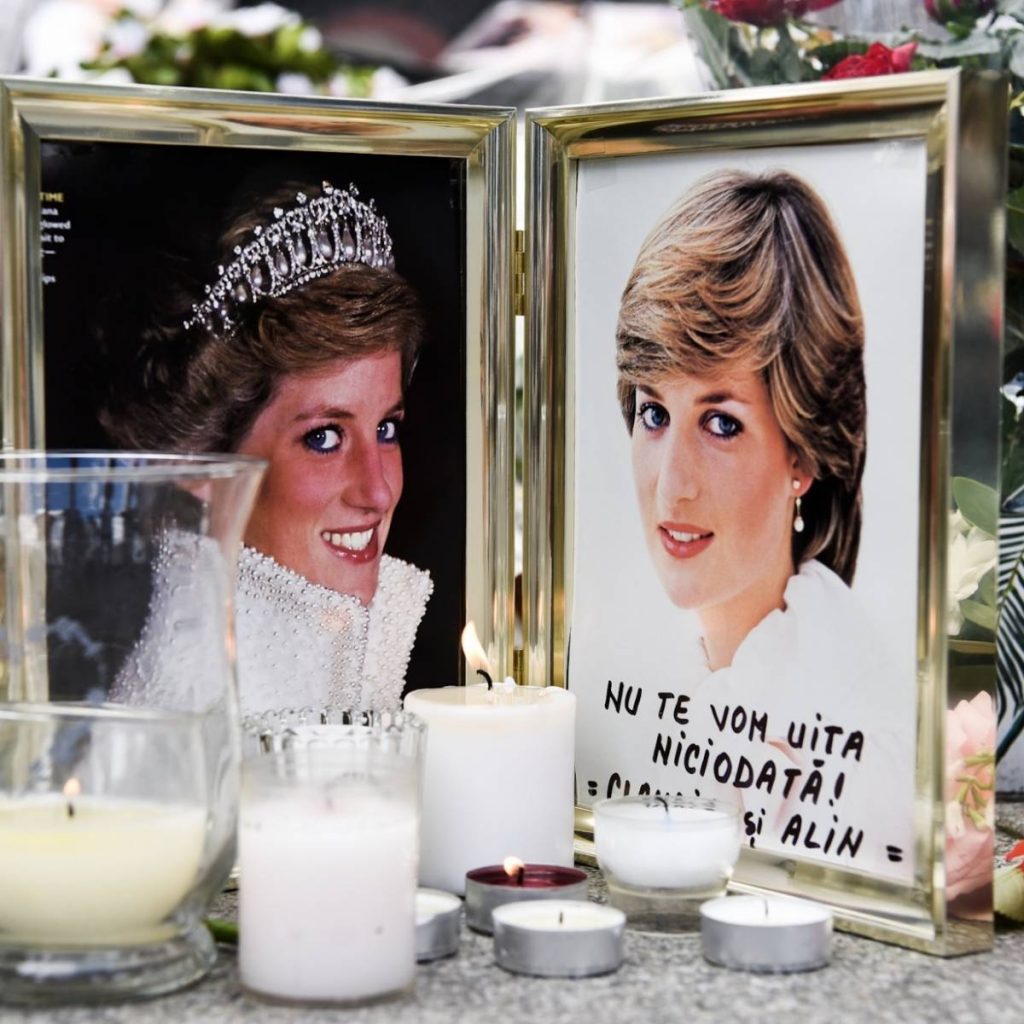November, the government launched negotiations to agree how much the TV licence would cost, part of a five-year funding settlement due to begin in April 2022…reports Asian Lite News
Britain’s government will cut the BBC’s funding by ordering a two-year freeze on the fee that people pay to watch the broadcaster, the Mail on Sunday reported.
The future of the licence-payer funded British Broadcasting Corporation is a perpetual topic of political debate, with Prime Minister Boris Johnson’s government most recently suggesting its funding needs to be reformed.
Set against an inflation rate expected to reach a 30-year high of 6% or more in April, freezing the licence cost at its current 159 pounds would provide some relief to consumers battling sharply rising costs of living.
But it would also be a large blow to the BBC’s finances as it tries to compete with privately funded news outlets and the likes of Netflix and other entertainment streaming services funded by consumer subscriptions.
In November, the government launched negotiations to agree on how much the TV licence would cost, part of a five-year funding settlement due to begin in April 2022.
The Digital, Media, Culture and Sports department declined to comment when asked about the Mail on Sunday report.
Culture secretary Nadine Dorries said that the licence fee settlement would be the last such agreement and tweeted a link to the Mail on Sunday article.
“Time now to discuss and debate new ways of funding, supporting and selling great British content,” she said on Twitter.
The BBC declined to comment on Dorries’ tweet or the Mail on Sunday report.
The opposition Labour Party said the funding cut was politically motivated.
“The Prime Minister and the Culture Secretary seem hell-bent on attacking this great British institution because they don’t like its journalism,” said Lucy Powell, Labour lawmaker and culture policy chief.
The BBC’s news output is regularly criticised by UK political parties. Its coverage of Brexit issues – central to Johnson’s government – has long been seen as overly critical by supporters of leaving the European Union.
Last week, one Conservative lawmaker said BBC coverage relating to parties in Johnson’s Downing Street residence during coronavirus lockdowns amounted to a “coup attempt” against the prime minister.

